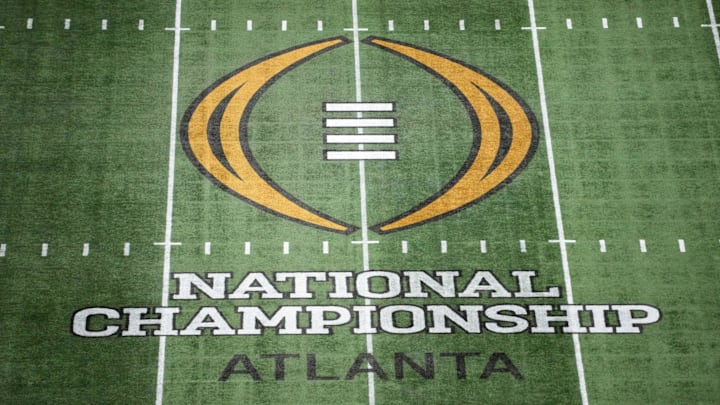The world of College Football continues to trend closer to the NFL and professional ranks than we've ever seen before as significant changes continue to impact the sport. The past few seasons have seen NIL and Revenue Sharing introduced a way for players to get paid while the Transfer Portal in many ways created a form of free agency as players can enter the portal seeking high compensation elsewhere.
Revenue Sharing was a more appealing way to slow the role of NIL as NIL collectives were dealing in gray areas while Revenue Sharing money comes directly from the school which helps eliminate the issue of athletes not getting paid by a collective.
Despite the arrival of revenue sharing, NIL collectives still hold a ton of power in the sport as they bring in a ton of donations and work with the programs behind the scenes to make deals with athletes.
The NCAA took it's next step against NIL
On Thursday, the NCAA Division 1 Board of Directors met and adopted NIL rule changes that will once again slow the role of collectives.
NIL rules that were approved by the NCAA's D-I board today and introduced last month. ESPN first.
— Pete Nakos (@PeteNakos_) October 2, 2025
+ No guarantee from school of NIL collective deal
+ All collective deals must have an activation
+ High school recruits will have to report deals when they enroll…
The first rule prevents schools from guaranteeing a player any money via a 3rd party deal regardless of if it's in writing or a verbal offer. This means that when a school is trying to land a recruit, they can no longer point to the collective as a source of an NIL deal. This rule will be difficult for the NCAA to enforce as the player or school will never rat each other out unless it's a bizarre circumstance.
The second rule goes hand in hand with the first rule requiring that every NIL collective deal must have an activation. This means that the NIL deals can no longer be the player getting paid to attend the school as there must be a reason they're getting paid. The collectives will likely find subtle ways to find ways for the player to prove the deal but, it's atleast putting a hurdle in place.
The final rule requires that High School recruits must report their NIL deals to the clearinghouse when they enroll at a program. This may be the most interesting aspect to follow as it's long been speculated and reported that players are earning money before they arrive at a school as long as they remain committed.
The NCAA is showing it's clearly trying to lessen the role of NIL collectives to hopefully get the sport back to a place where there's an even playing field. Whether or not the changes will actually work is the bigger question but, it's encouraging to see they're making an attempt.
